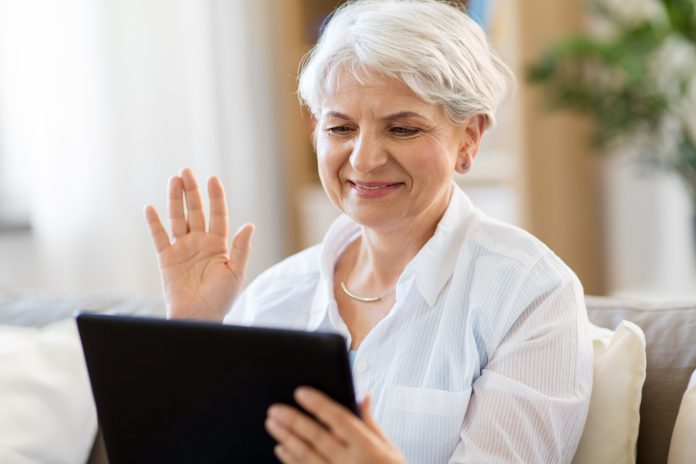AgeCo has compiled a list on how we can help our elderly relatives stay safe in the home whilst maintaining social distancing
As Britain enters its lockdown phase amid the coronavirus pandemic, many people are concerned about keeping their relatives safe whilst maintaining social distancing measures that are in place. And with as many as 3.6 million elderly people living alone in the UK according to AgeCo, it’s important to remember that accidents can also happen in the home quite easily. Being prepared and knowing areas which may be a potential for harm or injury in the home is important.
Potential ways in which you could be more at risk
Recognising those that are more at risk of danger in the home is the first step to understanding potential risks. For example, any current health problems and the medication an older person is on can impact their mobility, vision, balance or strength and could result in them being more susceptible to risk. It’s recommended to read up on the side effects and to buy appropriate support gear, such as socks or slippers with sturdy grip and items such as hand grabbers to avoid any slips or trips.
Areas of the house to safe proof
The second part of assessing risk looks at the environment. Similarly to baby-proofing a home when a little one is on the way, elderly people will also face potential risks that we may not first consider an issue when thinking of the setup of each room.
The kitchen is one of the more obvious spots where trips and slips can happen. A common risk seen in the home is mugs and heavy pans that are in hard to reach places and have a chance of slipping out of hands. Whilst we might be used to housing these items on the top shelves in our own home, it’s a lot safer to move these to a lower shelf or cupboard or access them with a sturdy stepladder or hand grabber if that’s not an option.
Spills and liquids are also more common in the kitchen and should always be wiped up immediately, so having plenty of wipes and kitchen roll around is definitely a good habit to have and could be worth stocking up on so as not to run out.
If someone isn’t steady on their feet, then the bathroom can be a potential for a fall when it is wet. As well as always keeping the room as dry as possible with towels, common items for the elderly to help with this are shower seats and grab bars which can also be used around the toilet. It’s also recommended that all toiletries are pushed back and if possible in a cabinet in case anything becomes a falling hazard when using the sides as support.
Finally, the stairs is also a common spot for accidents for people of all ages. Whilst more elderly people may live in bungalows or have stairlifts, those that do still have to tackle the stairs will need to act with caution especially whilst isolating until better equipment can be installed. Gently reminding your loved ones to pay attention to each step, descending slowly and safely and ensuring that your foot is landing on the step below before lifting the next one for good measure is advised. And anyone that has recently had surgery or has an injury on their legs should walk down the stairs with the weakest leg first with their uninjured leg following.
Ways to help you better prepare
It’s important that any elderly person that’s currently isolating is still keeping their muscles strong with regular exercise. Luckily, there are lots of videos online that help strengthens balance and standing exercises to ensure they’re getting the recommended 30 minutes of workout time a day. But if internet access isn’t an option, then a walk in the garden can ensure they’re still getting plenty of fresh air too.
Having a mobile phone is not only ideal for keeping in touch with a relative or neighbour but can also provide an extra option for safety. Or, a less techy option could be a personal alarm, so that there direct access to calling loved ones or even the emergency services if needed.
Finally, in a world where lots of our systems are now digitalised, it could be an idea to order your loved one a smart lamp that can be set on a timer and controlled from an app on your phone, so that they needn’t worry about accessing lights in the dark. If apps aren’t appropriate, then a plug with a manual timer is also another option to power lights on and off, so there’s never any worry on those late-night trips in the dark to the bathroom.
Whilst self-isolation is a worrying time for us all, being able to help out a loved one with an online delivery shop is the perfect way to still care for them from a distance. Check out the shopping list below to make sure you do not miss anything out from the above advice:
- Slippers or socks with sturdy rubber grips on the bottom
- Hand grabber for high to reach things
- Smart bulb or timer plug extension
- Wipes, towels and kitchen roll for spillages
- Mobile phone or personal alarm for contact in emergency situations











